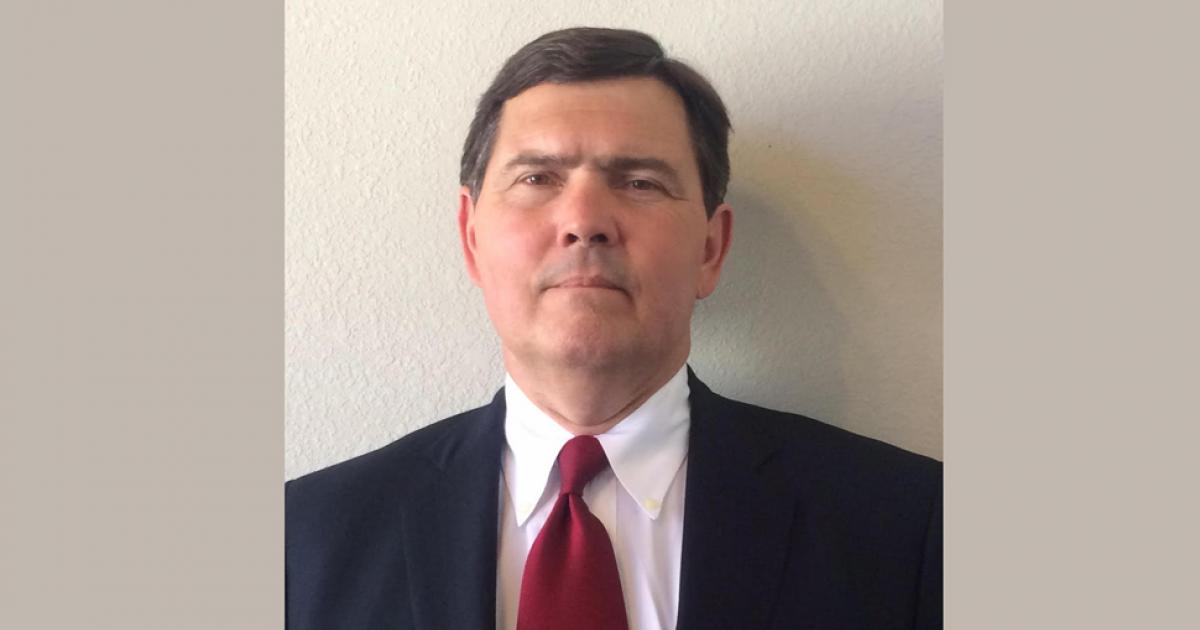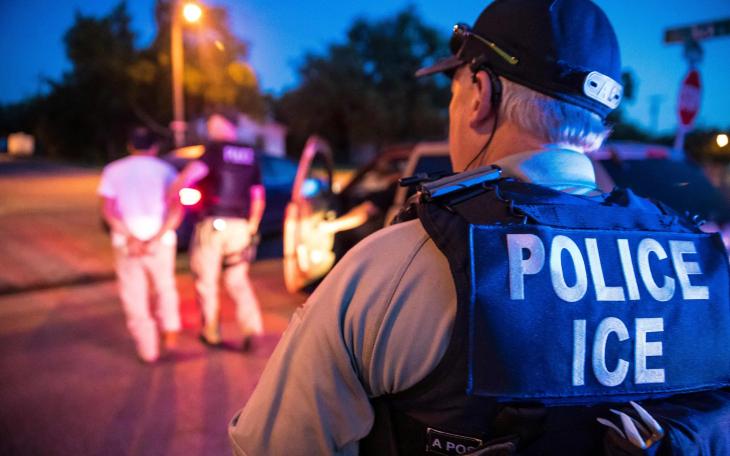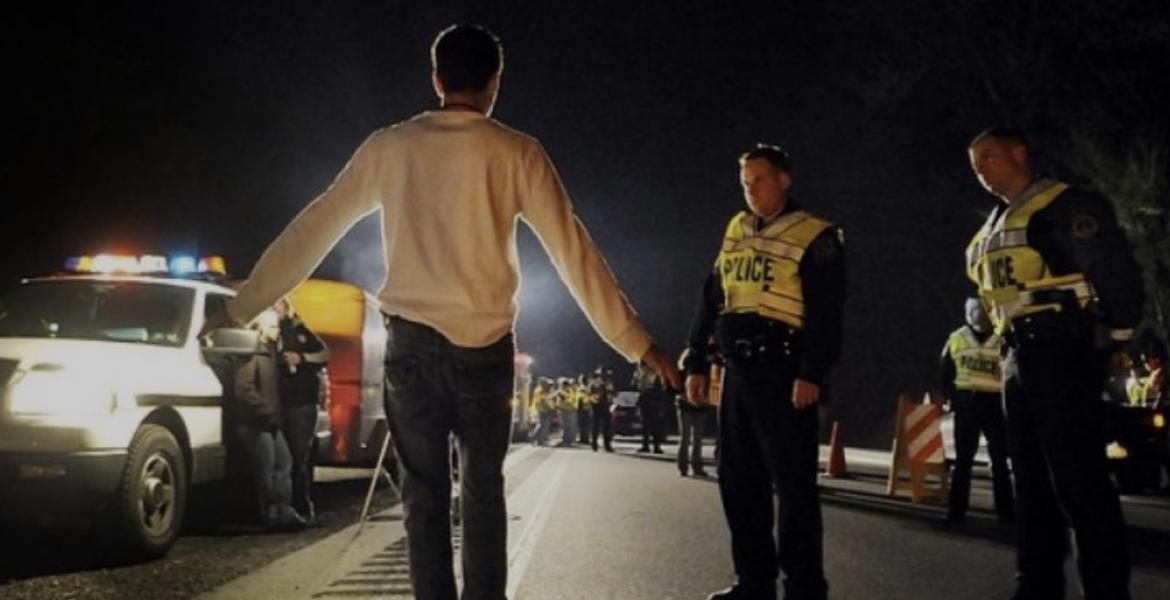SAN ANGELO, TX — Zapata’s co-defendant in the case of the theft of the late John Sullivan’s estate couldn’t recall many specific details when pressed for his recollection of happenings before and after he became the sole beneficiary of John Sullivan’s estate. But he did spend $1.25 million of the $8.2 million estate, the amount the State’s forensic accountants said the estate was worth, before the funds were frozen in the Texas Ranger’s criminal investigation.
In rousing testimony Monday, John Young, who was called to the stand for the defense, stated that he was “completely overwhelmed” when he learned he was bequeathed the entire estate.
When cross-examined by prosecutor John White, the courtroom grew tense as White asked Young to detail how he spent the money on himself and his family. Young testified that he paid off the notes of his 7 Series BMW car that his wife drove and the 3 Series BMW that his daughter drove. Young agreed with the prosecution that he purchased a one-year-old 7 Series BMW for his son, paying for it in cash. He paid off his credit cards, too, all $50,000 of the debt.
Young then took $500,000 of his short-lived inheritance and set up an irrevocable trust fund for his kids. Then, the State said he made sizeable donations to his alma mater. On the screen during the cross-examination was a picture of a cashed check to The University of Texas where Young graduated in 1983.
The State made a point of suggesting Young made comparatively small donations to charitable organizations Sullivan would have appreciated.
In Sullivan’s criminal case, Young stood to collect over $900,000 on a recovery fee after he settled a forfeiture case for Sullivan with the State. He admitted in the courtroom that even though he was not “proud of it,” upon hearing about Sullivan’s death, his first concern was whether the payment for his legal fees would be affected. He remembered talking to his attorney, Chris Hartman, about the issue the same afternoon Sullivan was found dead in his home. He also claimed that he found out about the will from Hartman and had not seen the document until the next morning when it was presented before the Tom Green County Clerk.
Defense attorney Mark Snodgrass put Young on the stand to explain the deal Ray Zapata had made with him in regards to watching Sullivan. Young said when he was hired by Sullivan to defend him against the child pornography and online solicitation of a minor with sexual conduct charges against him, he looked to Zapata to help him keep his client clean.
According to his testimony, Young and Sullivan became acquainted after Ray Zapata and Armando Martinez had posted the $2 million bond. Thereafter, in just two months, their relationship seemed to grow from attorney and client to something more personal.
Remembering John Sullivan as a client who demanded constant attention and care, Young detailed how he had become closely acquainted to Ray Zapata, too. According to him, Zapata had recommended Young to Sullivan after other local attorneys turned down the opportunity to represent Sullivan.

Above: John Young.
After taking over the case and realizing that Sullivan was not a normal client of sorts, Young said he and Zapata agreed on a business deal that stipulated Zapata would receive $100 for every hour that watched Sullivan and prevented him from having any further contact with the three underage males that had been identified as possible victims in Sullivan’s criminal case.
“Sullivan’s case was unique and Mr. Sullivan was unique,” Young said.
During cross-examination, prosecutor White questioned why Young would pay such a high hourly rate for a job that Zapata was already doing as a bail bondsman. Young replied that he felt Zapata had to do extra work to keep Sullivan from getting into more trouble and deserved to be compensated.
The issue of ethics were also discussed. Young stated that Zapata had inquired about receiving a referral fee for leading Sullivan to him. Young said he told Zapata that was considered professional soliciting and an ethical violation.
The State has made an issue that devout Catholic Sullivan was cremated by Young, but pre-Vatican II Catholic teachings, that Sullivan honored, frowned on cremation. He asked Young to explain why he ordered Sullivan’s body to be cremated. Young replied that in order for Sullivan’s remains to be housed at the monastery in Christoval, a Catholic entity he greatly supported, his body must be cremated.

Above: John Sullivan
He also seemed to be unaware or unable to recall certain details about the cremation decision and repeatedly stated that many of the decisions he made were based upon the advice given to him by his attorney Chris Hartman. Young did say he urged Zapata to convince the justice of the peace to order an autopsy. One was never accomplished before the body was cremated.
Other details regarding when phone calls or texts were made or certain issues discussed with various parties involved seemed to elude Young’s mind. On multiple occasions, he responded to that couldn’t recall certain details, but if the records indicated he received or placed a phone call, he said there was no reason for him to dispute it.
One very important meeting that seemed to have escaped Young’s recollection was the one that he held with Sullivan and Zapata the morning of June 3, one day before Sullivan’s body was discovered. When questioned regarding the meeting, he didn’t immediately remember if he had seen Sullivan that specific day. When the prosecution provided the text messages that showed Young had met with the Sullivan and Zapata, he claimed he could not remember what was discussed off the top of his head.
Then the prosecutor brought up the money trail. Young stated that he had in fact paid Chris Hartman $167,000 to cover his fees for the probate case and for his help in the forfeiture settlement. At first he seemed to imply that part of that money was owed to Zapata for watching Sullivan in addition to Hartman’s fees for handing probate. Yet when when the question was asked later, he stated that he had never received an invoice from Hartman detailing the expenses, but that he trusted him.
When asked if Hartman agreed to take over the agreement Young had with Zapata, the one that agreed to pay Zapata $100 an hour, he stated he wasn’t sure what they had agreed on. He also stated that he had no claim on the money and that he had no idea why a check was written for Juan Marquez and why an IOTA account was used. He stated that as an attorney he would never advise a client to do that.
Young repeatedly stated that he believed the handwriting on the will was Sullivan’s. He said he had seen Sullivan write the same letters that appeared to have different shapes all in the same document. He also made a point of repeatedly stating that he had never physically touched the will.

Above: Ray Zapata turns himself in after being charged with forging Sullivan's will. (LIVE! Photo/John Basquez)
Young said his attorney informed him about the presence of the will on the afternoon of June 4, 2014. He said he saw it the next morning before it was taken to the county clerk’s office. He stated that Hartman told him to not come into physical contact with it.
Young denied having a conversation with San Angelo attorney Joe Hernandez at a San Antonio law seminar in which he was informed of the possibility of another heir to Sullivan’s estate. He denied suggesting to Hernandez that he “buy some of his time” to keep that information secreted away in attorney-client privilege. Once again he was unable to say for certain if he had even seen Hernandez before the probate hearing, He denied having the confrontation with Hernandez that was vividly recounted by Hernandez on the stand last week.
The trial resumes at 1:30 p.m. Tuesday. The defense is presenting its case all week.
Subscribe to the LIVE! Daily
Required






Post a comment to this article here: